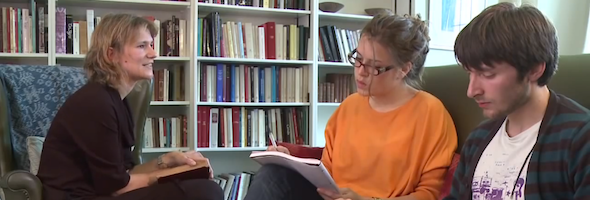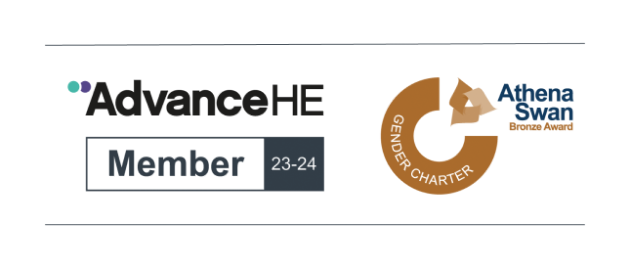|
Modern and Medieval Languages UCAS Code: R800 BA/MML
Applications per place (2018): 3 |
Linguistics UCAS Code: Q100 BA/L
Applications per place (2018): 4 |
History and Modern Languages
UCAS Code: VR18 BA/HML Applications per place (2018): 3 |
- Typical offers
- Course duration
- Course costs
- Languages available
- Subject requirements for MML
- Subject requirements for Linguistics
- Subject requirements for History and Modern Languages
MML and History and Modern Languages are available as a course of study at all Cambridge colleges. Linguistics is available at all Colleges except St Catharine’s.
In the MML degree, all our students study two languages, one of which can be learnt from scratch (the exceptions being French and Latin, for which A Level/IB Higher Level standard is required). No matter what your proficiency when you arrive, you leave with near native-speaker competence in at least one of your languages. Most of our language classes are run by native speakers.
You can combine the study of one language with History in the joint honours degree History and Modern Languages.
Typical offers
A-Level: A*AA
IB: 40-41 points, with 776 at Higher Level
It is agreed practice amongst Cambridge colleges that the A* grade will not normally be tied to a specific subject. The MML Faculty has taken note of the recent reviews of the grading of language A Levels by JCQ and Ofqual, and it is monitoring the trends in the award of high grades at A Level with a view to providing Colleges with appropriate advice on gauging the achievements of candidates in language A Levels relative to other subjects.
Course duration
| MML/History and ML: | four years (Year 3 spent abroad) |
| Linguistics: | three years |
Course costs
Comprehensive information on our course costs can be found on this page.

Languages available
You study two languages for at least the first two years of the course. You can choose from:
- French
- German
- Italian
- Portuguese
- Russian
- Spanish
Alternatively, you can combine any of these with either Classical Latin (if you’re taking it at A Level/IB Higher Level) or Classical Greek (which can be studied post-A Level or from scratch).
If you wish to combine one of these modern European languages with Arabic, Hebrew or Persian, you can do so by applying for the Asian and Middle Eastern Studies degree course.
It is also possible to combine one of French, German, Italian, Portuguese, Russian, or Spanish with History in the History and Modern Languages course. In this combination, German, Italian, Russian, and Spanish may be studied either with an A Level or without any prior knowledge (ab initio), an A Level is required in French, and Portuguese may be studied ab initio only.
All undergraduate admissions decisions are the responsibility of the Cambridge Colleges and many have College-specific requirements. All Colleges use an Admissions Test of a common format. Some Colleges may require the submission of written work prior to interview. See the How to Apply section for further information, and check the websites of individual Colleges.

Subject requirements for MML
You need to show us that you have linguistic knowledge, an aptitude for languages and a general interest in language issues. We also want to know that you are interested in and have an aptitude for studying some of the other things that are taught as part of the MML course, such as literature, history, film, etc. You need to be taking at least one modern language at A Level or equivalent and would be expected to achieve at least an A grade in that subject.
In addition to A Level modern languages, English, History and classical languages are useful subjects, though they are by no means essential, and many successful applicants have studied Mathematics and science subjects.
Subject requirements for Linguistics
The main requirement for studying linguistics is a lively curiosity about the nature of language. Because linguistics is interdisciplinary we welcome applicants whose profile is science-oriented as well as arts-centred. Some formal study of language, either through learning languages or through English Language A Level (or equivalent) does however serve as a good preparation.
Subject requirements for History and ML
Please see here.
The History and Modern Languages Course



